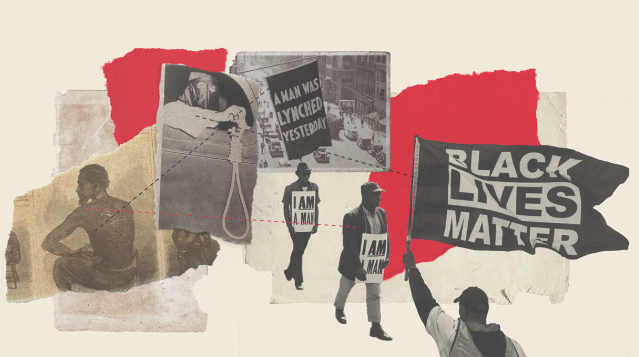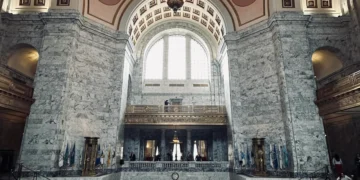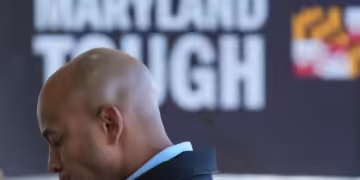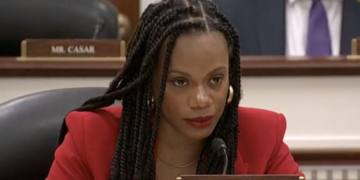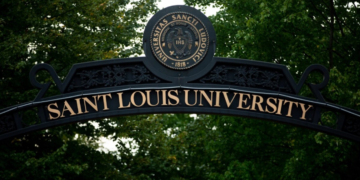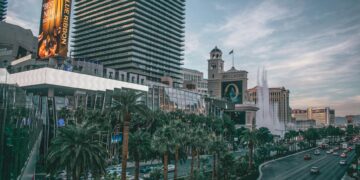Nov 22, 2024 Story by: Editor
America’s so-called war on drugs was initially aimed at curbing illegal drug use but instead resulted in widespread criminalization, the incarceration of millions, and escalating violence.
For some residents of Chicago’s South Side, this deeply ingrained injustice is a reason to push for a form of reparations.
A recent report by the Chicago Urban League and the South Side Community Reparations Coalition (SSCRC) highlights this issue, focusing on ten neighborhoods: Douglas, Englewood, Fuller Park, Grand Boulevard, Greater Grand Crossing, Oakland, South Shore, Washington Park, West Englewood, and Woodlawn. The findings are the result of three years of research.
In 2021, the Chicago Urban League secured funding through the Illinois Criminal Justice Information Authority’s (ICJIA) Restore, Reinvest, Renew (R3) initiative to explore community-based reparations. Researchers engaged with residents through meetings and surveys, examining five key areas: civil legal aid, community economic development, reentry, violence prevention, and youth development.
While participants did not agree on a precise definition of reparations, there was broad consensus that reparations should target individuals rather than entire communities and extend beyond simply acknowledging the war on drugs.
Although Chicago lacks the direct legacy of chattel slavery and Jim Crow laws associated with the American South, its history is not untouched by the benefits and impacts of slavery.
“Chicago benefited from slavery, so it’s not a North or South thing,” said Karen Freeman-Wilson, CEO of the Chicago Urban League. “This entire country was built on the backs of slaves. You can trace the benefit of slavery as far north as Maine.”
The mainstream discussion around reparations often focuses on addressing the legacy of slavery, Reconstruction, and domestic anti-Black terrorism. However, Freeman-Wilson contends that the war on drugs perpetuated the United States’ racist policies, disproportionately harming Black citizens and leaving lasting scars on their communities.
“The violence that we see, the challenges that we see, the blight that we see in our communities, it just didn’t happen,” Freeman-Wilson explained. “It didn’t happen because people are more violent or more prone to do certain things. It happened because of a history of violence from the slave codes, a history of violence from the war on drugs, a history of really disinvesting in our communities and using drugs as an excuse.” Source: WTTW


